Beef collagen 100 capsules improves the synthesis of collagen by the body
15,60 €
- Processing: Orders ship within 48 hours.
- Delivery: Germany: 1 day via DHL Express, 3 days via standard DHL.
EU delivery: 1-2 days via DHL Express, 3-4 days via standard DHL. - Shipping Costs: Calculated at checkout.
- Tracking: You'll receive a tracking number once your order ships.
- Return Window: 30 days from delivery for refunds or exchanges.
- Eligibility: Items must be unused and in original packaging.
- Process: Contact us to initiate a return. Refunds processed within 5-7 days after receiving the return.
- Exclusions: Perishables and personalized items cannot be returned.
Description
Contents : 100 gelatin capsules
- Directions for use: 1 – 2 capsules once a day. Swallow the capsules and drink plenty of water during a meal, do not exceed the dose.
- Storage conditions: Store in a dry, dark place out of reach of children.
- NOTES: Do not exceed the recommended daily dose. Not for use by pregnant or lactating women or children under 12 years of age.
- The product cannot be used as a substitute for a properly varied diet.
Why do we need collagen?
Collagen is one of the basic components responsible for the construction of tissues (mainly connective tissue) – it constitutes one third of all proteins in our body (we have collagen proteins type I, II and III), protects and supports all organs, and additionally forms the basis of the passive musculoskeletal system. Collagen is synthesized in fibroblasts, i.e. cells of the dermis – from amino acid particles, increasingly larger structures resembling a mesh are created. With age, this process begins to weaken, so you can consider supplementing collagen from outside.
Beef Collagen – What is it and Where is it Used?
Beef collagen is obtained from animal bones, skin and cartilage. It is a source of amino acids such as glycine and proline. It also contains very large amounts of hydroxyproline, which is a guarantee of better thermal stability of collagen. Beef collagen is mainly type II collagen – it improves the functioning of cartilage and joints. It is particularly important during convalescence after bone injuries. As a building element in the musculoskeletal system, it affects the proper functioning of muscles. It also works for beautifying purposes: it firms and elasticizes the skin, reducing wrinkles and ensuring proper hydration. It is also responsible for the proper functioning of the cornea in the eye. It also plays a very important role in the process of wound healing and scarring.
Example uses of beef collagen:
- pharmacy preparations to replenish collagen deficiency, e.g. capsules, ampoules, dissolving powders;
- tissue fillers used during aesthetic medicine treatments;
- an ingredient in anti-wrinkle cosmetics.
Which collagen is better: fish or beef?
Both collagens contain 18 amino acids, mainly glycine, proline and hydroxyproline, with bovine collagen containing more of it. It is also more thermally stable than fish collagen. Bovine collagen is structurally very similar to collagen naturally occurring in the human body. It is also very well absorbed from the digestive tract, thus ensuring high availability, although it is reported that fish collagen is absorbed even better. On the other hand, bovine collagen is devoid of an unpleasant odor. Fish collagen does not contain type II collagen – it is less effective for strengthening and improving the functioning of bones and joints.
Who should I recommend beef collagen to?
Preparations with beef collagen are recommended primarily:
- people who have suffered limb fractures and other orthopedic injuries,
- athletes who are particularly exposed to joint strain,
- for the elderly for preventive purposes,
- for women after childbirth for faster recovery and wound healing,
- for women in the perimenopausal period for the prevention of osteoporosis,
- patients with degenerative joint diseases.
Beef Collagen – Dosage
The dosage of collagen depends on the manufacturer. However, it can be taken daily without taking breaks. It is recommended to take up to 2 capsules of collagen daily, and the treatment should last at least 3 months.
Beef collagen – contraindications
In the vast majority of cases, there are no side effects after taking collagen. It is also very well tolerated, which is why it is assumed to be a safe product . Apart from ideological issues (veganism and vegetarianism), there are, however, several cases in which collagen should not be used or when special caution must be exercised.
Contraindications to taking collagen are:
- pregnancy and breastfeeding,
- some food allergies,
- kidney and liver diseases,
- autoimmune disorders,
- some skin diseases,
- digestive system disorders.
Additionally, it is worth taking vitamin C, e.g. in the form of rosehips, which you can find in our offer.





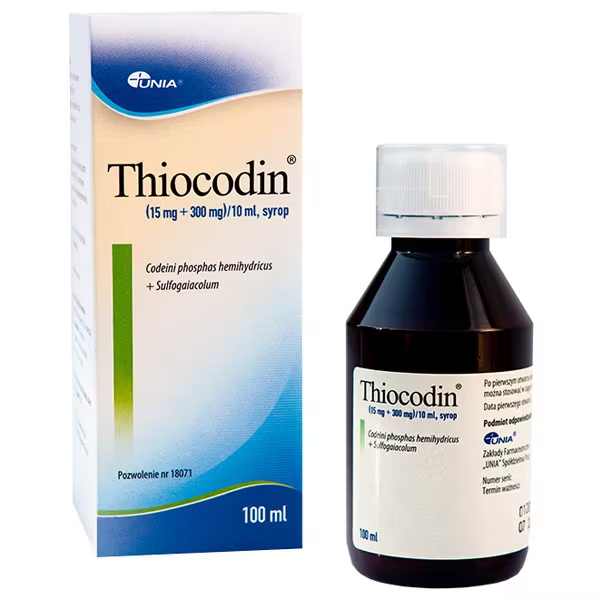
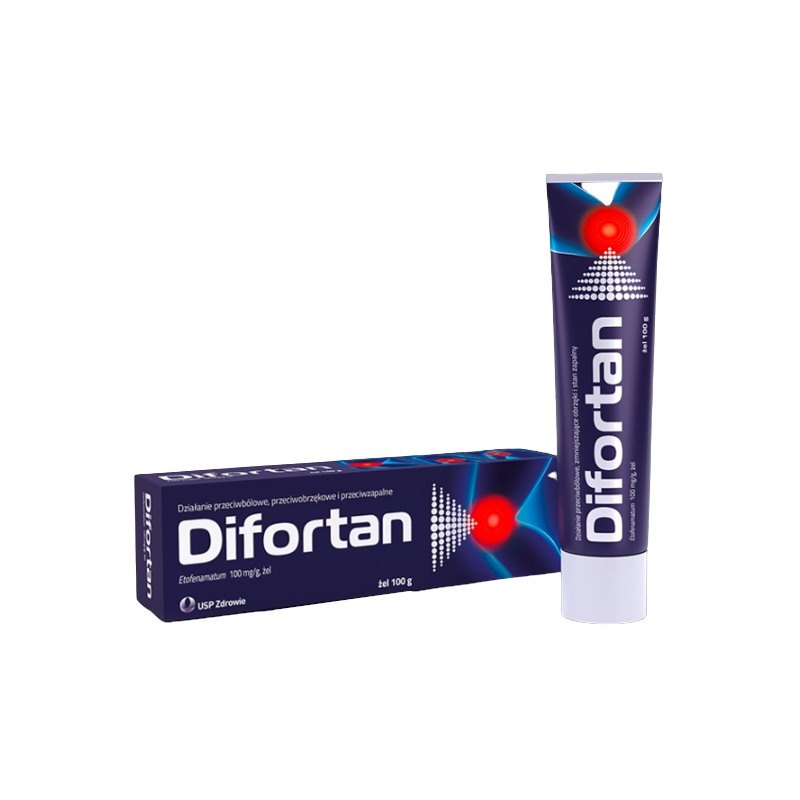
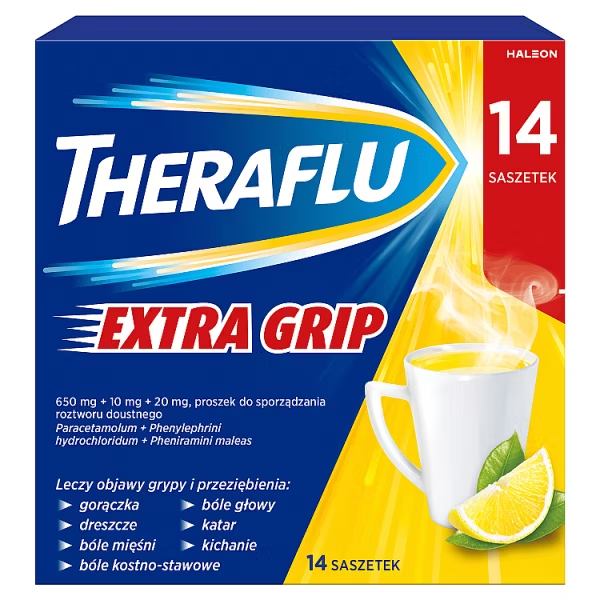
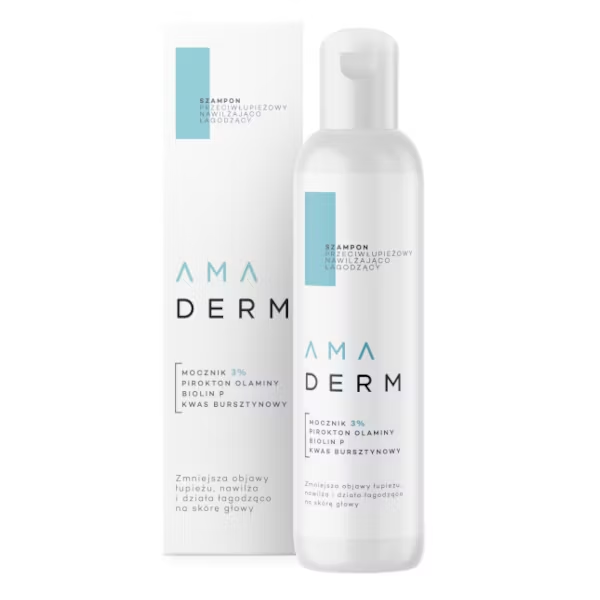
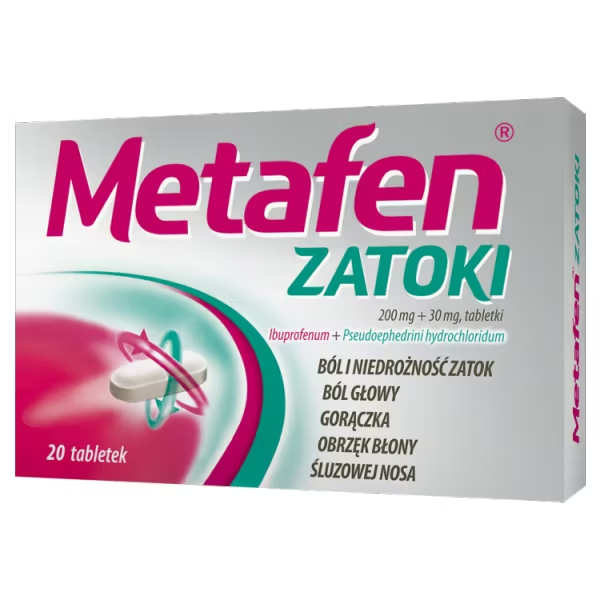


























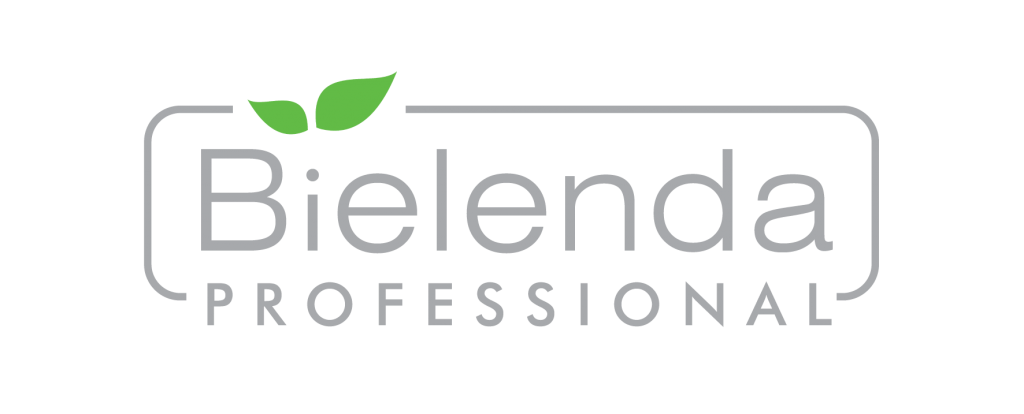
Reviews
Clear filtersThere are no reviews yet.